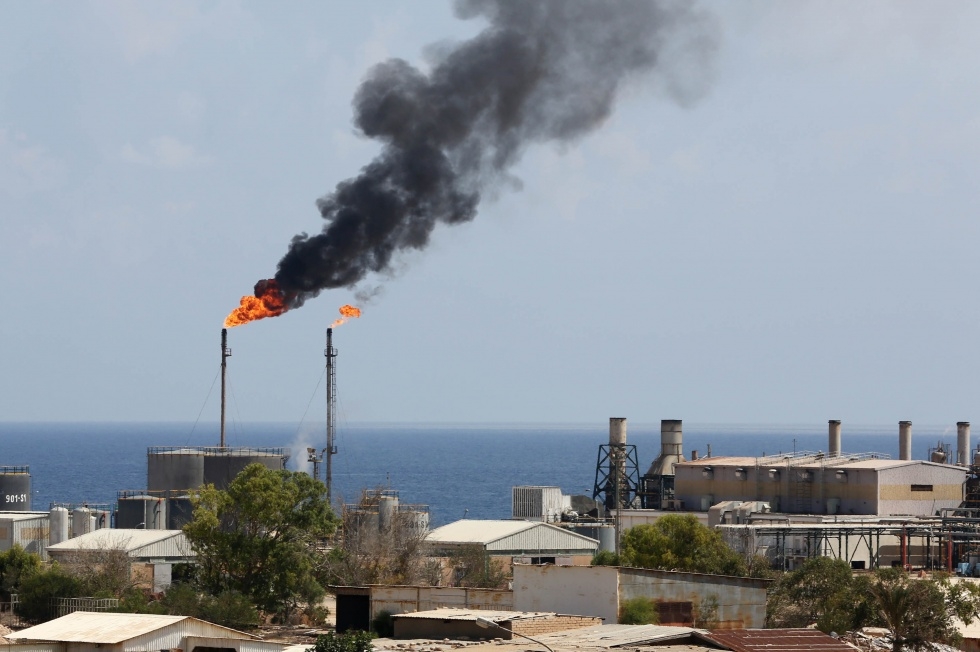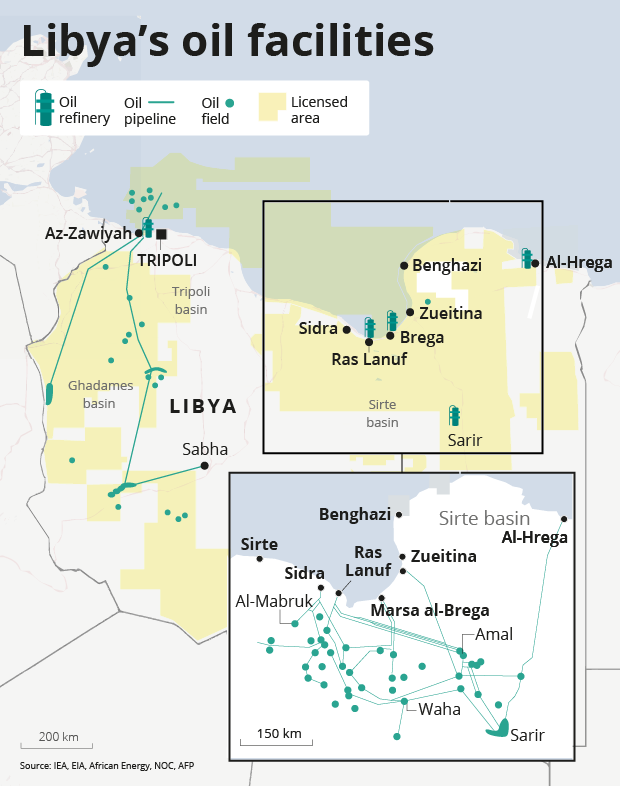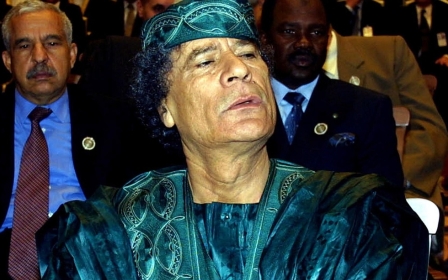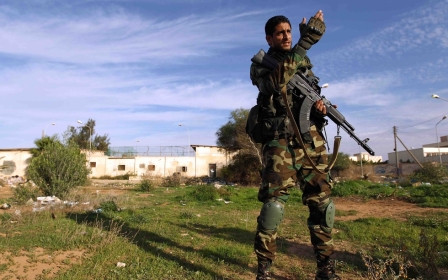Libya’s ports resume oil exports as rogue general pulls back

Libya has resumed exports from some of its national ports less than a day after their control was handed back to the Tripoli-based unity government, the National Oil Corporation (NOC) said on Thursday.
The four key oil ports known as Libya’s "oil crescent" fell in just a few days this week to the rogue general, Khalifa Haftar, who is loyal to the Tobruk parliament that rivals the Tripoli-based UN-backed "unity government," the Government of National Accord.
While the last of the oil ports, Brega, was seized with almost no resistance on Tuesday, by Wednesday evening Haftar said he would pull the bulk of his forces and hand control back to the Petroleum Facilities Guard (PFG), allowing the NOC to say it will resume exports.
"Exports will resume immediately from Zueitina and Ras Lanuf, and will continue at Brega ... exports will resume from Es Sider as soon as possible," said NOC chairman Mustafa Sanalla on Thursday.
Concerns among analysts and policy-makers were high that Haftar’s seizure of the fields would prove the nail in the coffin of the GNA.
But the episode suggests that compromise is possible and could push the two sides back to the negotiating table, Claudia Gazzini, a senior analyst with the International Crisis Group said.
“They are withdrawing but only the LNA [Haftar's Libyan National Army], the military forces are, and there is an agreement that the terminals – as is normal in Libya – will be under the control of the PFG rather than the army,” Gazzini told Middle East Eye.
The PFG has traditionally had the blessing of the LNA, but the relationship has grown fraught due to the supremacy of Ibrahim Jadran, a local strongman, who has helped control the terminals since 2013 and is now an ally of the Tripoli administration.
Haftar’s military drive, however, dislodged Jadran and will allow many PFG forces which were just nominally with Jadran to return.
Wolfgang Pusztai, a senior associate at Perim Associates, a Middle East-focused policy group, told MEE that the push was made possible by Jadran’s unpopularity, including with many senior members of his own tribe, the Magharba, which pushed the PFG to surrender to the LNA.
The incident was the first time Haftar's forces and fighters loyal to the GNA clashed directly since the unity government started working in the capital in March.
It prompted strong condemnation from the UN, many European states and the US.
"We call for all military forces that have moved into the oil crescent to withdraw immediately, without preconditions," they said.
London and Paris openly back the UN-brokered GNA, but tapes leaked to MEE revealed that they were secretly assisting Haftar by providing military intelligence and helping to coordinate air strikes around Benghazi.
According to Gazzini, the rapid seizure and withdrawal of Haftar’s forces has only helped to bolster his hand.
“This has left Haftar much stronger,” she said. “He can pitch himself as the man who liberated the oil terminals. Even his detractors will be happy with that and will recognise – if this does actually work out – that this was a good move. So he is definitely in a stronger position this way, although of course it does create instability in some circles around the presidential council.”
The GNA's prime minister-designate, Fayez al-Sarraj, on Wednesday called the terminal’s capture a “turning point” for Libya, and has called for urgent talks to take place.
“Both in respect to terminals and on the political level, some members of the presidential council are now likely to be more positively inclined to genuinely reach out to Tobruk,” Gazzini said.
“I believe Tobruk will reciprocate as they have much to gain.”
Haftar’s future has been a key sticking point between the Tripoli-based administration and the parliamentarians who remained in the Tobruk-based rival, which previously had UN backing.
Haftar has declared himself field marshal of armed forces and is vying to lead the military in any new unity government, something which the UN deal has failed to address and many in the GNA's presidential council would be loathe to see.
Libya has Africa’s largest oil reserves, with more than 80 percent of its exports flowing through the four “oil crescent” terminals.
A sharp drop in exports in recent months has put the future of the presidential council in doubt.
There have been widespread cash shortages reported in parts of a country which has seemed on the precipice since the fall of long-time strongman Muammar Gaddafi in 2011.
New MEE newsletter: Jerusalem Dispatch
Sign up to get the latest insights and analysis on Israel-Palestine, alongside Turkey Unpacked and other MEE newsletters
Middle East Eye delivers independent and unrivalled coverage and analysis of the Middle East, North Africa and beyond. To learn more about republishing this content and the associated fees, please fill out this form. More about MEE can be found here.





